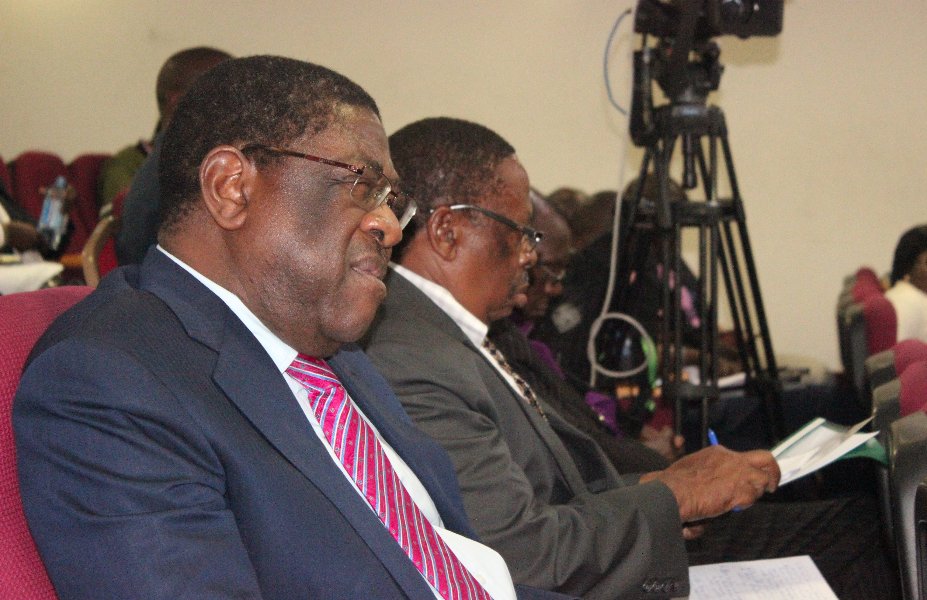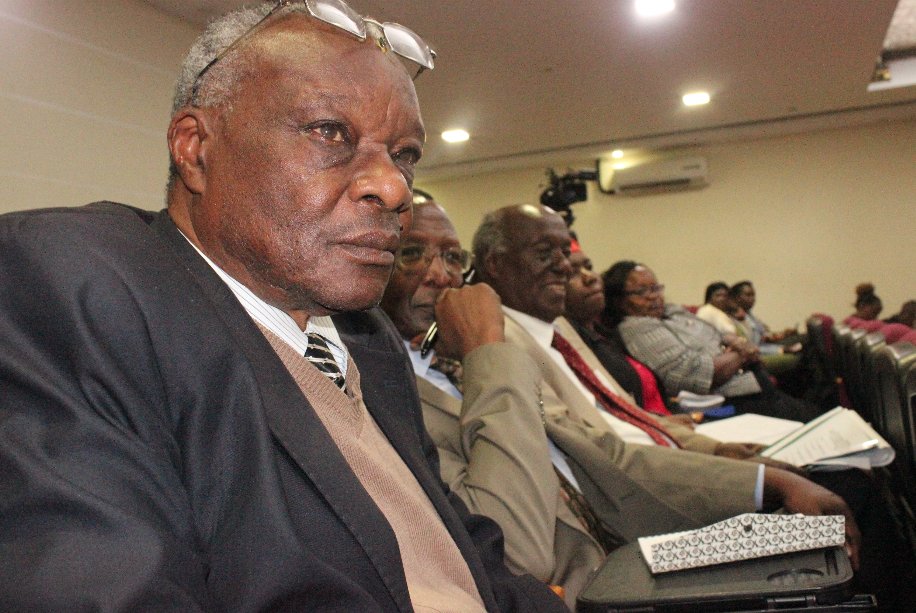You can learn SO MUCH from this.
Learning to let my cherished plot ideas go and be flexible as a GM has been a HUGE help to me as a writer.
4. One of my most important revelations as a writer came directly from gaming, years ago. I realized I was better at plot as a GM than as a writer, and was trying to figure out why.
It was because as a GM, I was always thinking of player fun.
As a writer, I wasn't thinking about my readers in the same way. But I needed to.
The same guideline can apply to character descriptions! Having a few key memorable details does wonders. (eg, Kathe: feather cloak, yellow eyes, dicolored hair.)
Same thing is very true with novels—"save the world" feels really abstract, while "save THIS CUTE DOG RIGHT HERE" is OMG IMPORTANT.
In games, it's complicated. Sometimes you're responding to PC initiative, and sometimes you're creating the illusion of it.
In a game, sometimes you have NO IDEA what your heroes want and have to literally go ask them!
(FWIW, I could totally run an Eruvia tabletop.)
Like the tense leadup you often have in an initial confrontation, before actual violence breaks out.
Adding some seriously exciting twists in the middle that dramatically change things is great for both!
This is why managing info dumps is a friggin' art and science in SFF writing.
When I introduce a magic thing in my stories, I try to think "Now OKAY, what would my PCs do with this?"
But beyond that, the creative process is different for me, & draws from different wells.
Which is super exciting and cool! But very different than writing a novel.
The lines converge instead of diverging.







